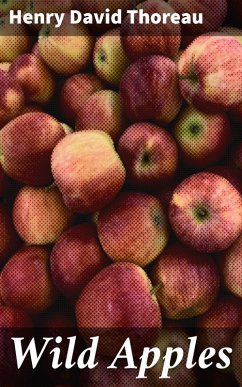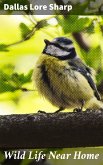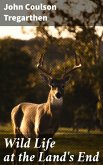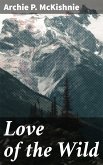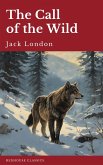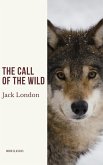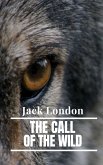In "Wild Apples," Henry David Thoreau intricately weaves a narrative that transcends mere botany, elevating it to a profound philosophical meditation on nature, culture, and the passage of time. Written in Thoreau's characteristic lyrical style, this essay not only catalogues the varieties of wild apples found in New England but also serves as an exploration of the relationship between humans and the natural world. The work reflects the transcendentalist movement of the 19th century, emphasizing personal intuition and the beauty of the natural landscape, while seeking to highlight how agricultural practices and human interference impact nature'Äôs bounty. Henry David Thoreau (1817-1862) was a prominent American essayist, poet, and philosopher, known for his deep connection to nature and his advocacy for simple living. His experiences living in a cabin at Walden Pond and his observations of the surrounding environments profoundly shaped his views on ecology and individualism, leading him to write "Wild Apples" in an effort to inspire respect and appreciation for the natural world, particularly through the lens of humble, wild fruits that embody the essence of spontaneity and resilience. Readers of "Wild Apples" will find themselves enchanted not only by the rich descriptions of the wild apple trees but also by Thoreau'Äôs profound insights into nature'Äôs delicate balance. This contemplative work invites us to reassess our place within the environment and inspires a deeper appreciation for the untamed beauty surrounding us. Thoreau's passionate prose is essential for anyone yearning to reconnect with nature in an increasingly industrialized world.
Dieser Download kann aus rechtlichen Gründen nur mit Rechnungsadresse in A, B, BG, CY, CZ, D, DK, EW, E, FIN, F, GR, H, IRL, I, LT, L, LR, M, NL, PL, P, R, S, SLO, SK ausgeliefert werden.

